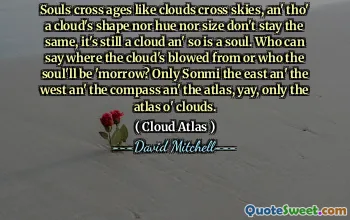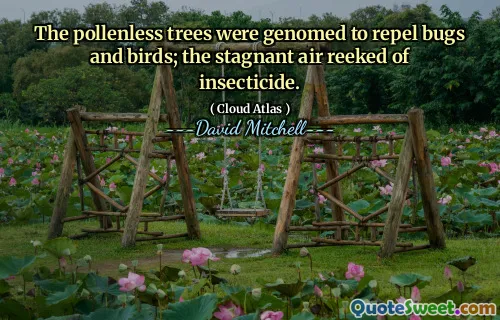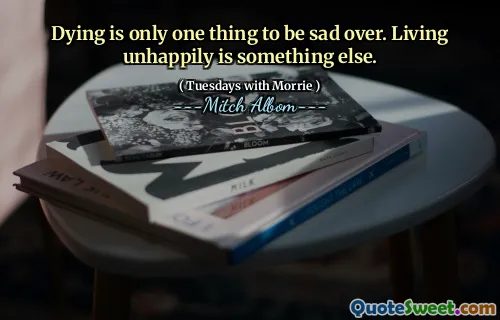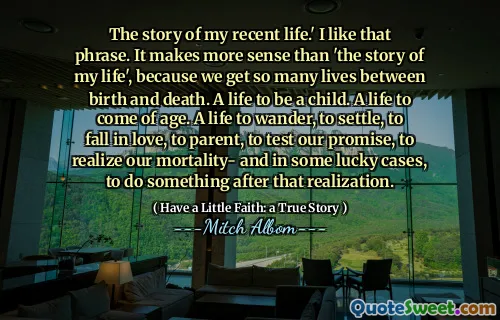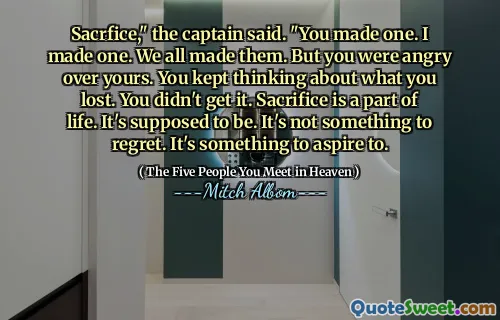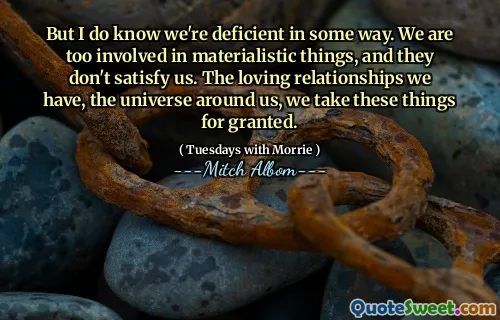It is astounding to me, and achingly sad, that with eighty thousand people on the waiting list for donated hearts and livers and kidneys, with sixteen a day dying there on that list, that more then half of the people in the position H's family was in will say no, will choose to burn those organs or let them rot. We abide the surgeon's scalpel to save our own lives, out loved ones' lives, but not to save a stranger's life. H has no heart, but heartless is the last thing you'd call her.
The quote reflects a profound sadness regarding the organ donation crisis, highlighting how many lives could be saved if more people chose to donate their organs. With a staggering number of individuals on waiting lists and many succumbing while they wait, it is disheartening that a significant portion of families still opts not to donate. This choice not only affects the lives of the recipients but also underscores a conflict between personal loss and the potential to save others.
Despite H's tragic situation of having no heart, the author suggests that this lack does not equate to a lack of compassion. This paradox raises important ethical questions about our responsibilities to others in dire need and the societal norms surrounding organ donation. The passage ultimately challenges readers to reflect on their values and the impact of their choices, especially when it comes to life and death decisions.
